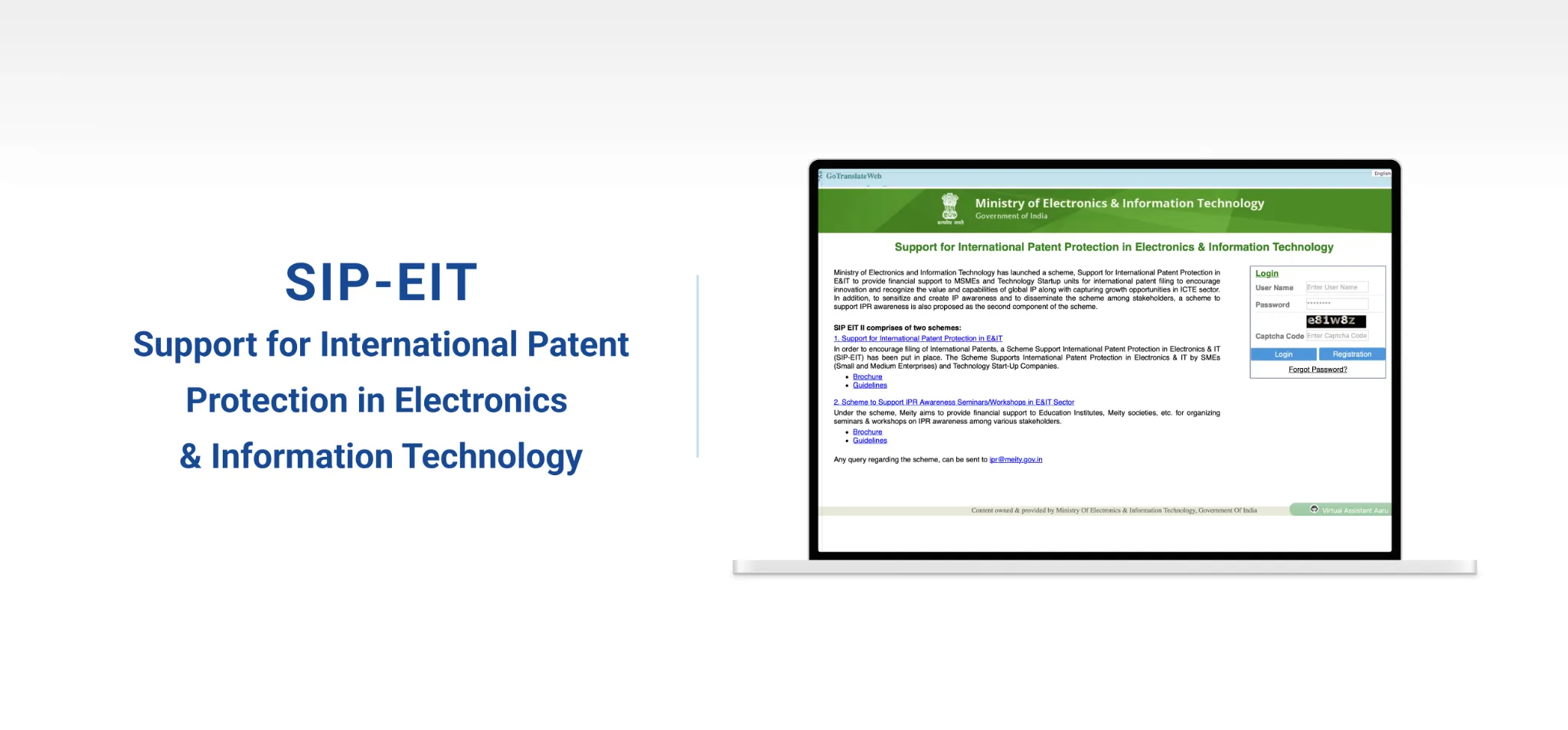To improve the credit delivery system and make credit more accessible to small and medium-sized businesses, Credit Guarantee Scheme (CGS) was launched. It accelerates the access to finance for the underprivileged, making the availability of finance from conventional lenders to new-generation entrepreneurs.
A credit guarantee is provided to banks and financial institutions by CGTMSE (Trust) under this scheme so that they can, in turn, lend collateral-free credit to MSEs.

There are namely four types of Credit Guarantee schemes:
1. Credit Guarantee Scheme for banks
Borrowers avail of the scheme through banks.
2. Credit Guarantee Scheme for NBFCs
Borrowers avail of the scheme through eligible NBFCs.
3. Sub-debt scheme
Credit guarantee coverage for distressed MSMEs.
4. PM Svanidhi
Credit facilities for the street vendors.
Table of Contents
Eligibility
- New and existing Micro and Small Enterprises engaged in manufacturing, service, or retail activity, excluding Educational Institutions, Agriculture, Self Help Groups (SHGs), Training Institutions, etc.
- All service sector enterprises under the MSMED Act are eligible for coverage.
- Must be a “First-generation” entrepreneur.
Application procedure for Startups
- Go to https://www.cgtmse.in/Home.
- The homepage will open.
- Click on the “Register” option seen on the homepage.
- Enter your details and click on “Get OTP.”
- After typing in the OTP, the registration will be completed.
- “Login” to the page again. You will have to fill in the required information such as GST details, Bank Account details, and ITR.
- Click on “Submit” to avail the benefits under this scheme.
- Download the financial report, calculate the guarantee, etc, if needed.
Benefits of the Scheme
- The guarantee cover available under the scheme is to the extent of 75 percent of the sanctioned amount of the credit facility.
- Credit or loans in the northeast region, UT of J&K, and UT of Ladakh for credit facilities up to Rs 50 lakh, are covered by an 80 percent guarantee.
- For micro and small businesses operated or owned by women, as well as SC/ST individuals, the guarantee cover stands at 85%.
- For up to 5 lakh micro-enterprise loans, the guarantee cover stands at 85%.
- The credit is without any collateral or third-party guarantees.
The guarantee will commence from the e-date of payment of the guarantee fee. It will run for the agreed term credit tenure in the event of term loans / composite loans and for a period of 5 years in the case of working capital facilities only granted to borrowers or for such period as the Guarantee Trust may specify in this regard.
Frequently Asked Questions
Private Limited Company
(Pvt. Ltd.)
- Service-based businesses
- Businesses looking to issue shares
- Businesses seeking investment through equity-based funding
Limited Liability Partnership
(LLP)
- Professional services
- Firms seeking any capital contribution from Partners
- Firms sharing resources with limited liability
One Person Company
(OPC)
- Freelancers, Small-scale businesses
- Businesses looking for minimal compliance
- Businesses looking for single-ownership
Private Limited Company
(Pvt. Ltd.)
- Service-based businesses
- Businesses looking to issue shares
- Businesses seeking investment through equity-based funding
One Person Company
(OPC)
- Freelancers, Small-scale businesses
- Businesses looking for minimal compliance
- Businesses looking for single-ownership
Private Limited Company
(Pvt. Ltd.)
- Service-based businesses
- Businesses looking to issue shares
- Businesses seeking investment through equity-based funding
Limited Liability Partnership
(LLP)
- Professional services
- Firms seeking any capital contribution from Partners
- Firms sharing resources with limited liability
Frequently Asked Questions
What types of loans are covered under the Credit Guarantee Fund?
The Credit Guarantee Fund may cover various types of loans, including term loans, working capital loans, equipment financing, and other credit facilities extended by participating lending institutions to eligible borrowers.
How does the Credit Guarantee Fund work?
Under the Credit Guarantee Fund scheme, lending institutions extend loans to eligible borrowers without requiring traditional collateral. Instead, the loans are backed by a guarantee provided by the Credit Guarantee Fund, which covers a certain percentage of the loan amount in case of default.
Are there any fees associated with accessing credit under the Credit Guarantee Fund?
Borrowers may be required to pay certain fees, such as guarantee fees or processing charges, to avail of credit under the Credit Guarantee Fund scheme. The specific fees and charges may vary depending on the terms and conditions of the scheme.
Can borrowers avail of multiple loans under the Credit Guarantee Fund scheme?
Yes, borrowers may be eligible to avail of multiple loans under the Credit Guarantee Fund scheme, subject to the approval of lending institutions and compliance with the fund's guidelines.








%20to%20LLP%20in%20India.webp)
.webp)







